The Papal Conclave: Exploring Potential Candidates To Replace Pope Francis
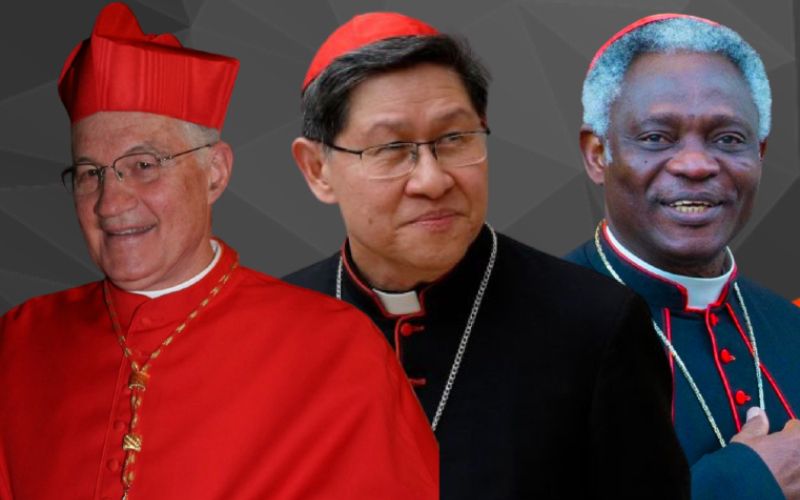
Table of Contents
Understanding the Papal Conclave Process
The Papal Conclave, the process of electing a new Pope, is steeped in centuries of tradition and ritual. Its historical context stretches back to the Middle Ages, evolving over time to its current form. Understanding this process is crucial to comprehending the significance of the upcoming election.
The key steps involved in a Papal Conclave include:
- Gathering of Cardinals: Cardinal electors, those under 80 years of age, gather in Vatican City.
- Seclusion: The cardinals are secluded within the Vatican, cut off from external influences, to ensure a fair and impartial election.
- Voting Process: A series of ballots are cast until a candidate receives a two-thirds majority. The process is shrouded in secrecy, emphasizing the sanctity of the decision.
- Announcing the New Pope: Once elected, the new Pope appears on the balcony of St. Peter's Basilica to address the faithful.
The College of Cardinals plays a central role, holding the responsibility of selecting the next leader of the Catholic Church. The integrity of the election is paramount, maintained through strict rules and procedures governing the conclave. Secrecy is vital to prevent outside influences from impacting the cardinals' choices. The conclave rules are designed to safeguard the process and ensure a free and fair election.
Key Factors Influencing Candidate Selection
The selection of a new Pope is a complex process influenced by a multitude of factors. The qualities sought in a successor are multifaceted and often debated among theologians and observers.
Key considerations typically include:
- Theological Stances: The candidate's adherence to Church doctrine and their ability to articulate and defend it effectively.
- Administrative Experience: The ability to manage the vast administrative structure of the Vatican and the global Catholic Church.
- Global Perspectives: Understanding and addressing the diverse challenges and needs of the Catholic community worldwide.
- Pastoral Leadership: The candidate's ability to inspire, guide, and shepherd the flock, demonstrating compassion and empathy.
Current global challenges, such as climate change, social justice issues, and geopolitical instability, significantly influence candidate selection. The next Pope will need to address these complex issues effectively. The influence of different theological factions within the Church also plays a crucial role, with various perspectives and priorities influencing the decision-making process.
Potential Cardinal Candidates
While predicting the outcome of a Papal Conclave is impossible, several cardinals are frequently mentioned as potential candidates. Analyzing their backgrounds and perspectives helps in understanding the potential future directions of the Catholic Church. This section would typically include individual profiles of several prominent cardinals, but for brevity's sake, we will only include a hypothetical example.
Cardinal Giovanni Rossi
Cardinal Rossi, a highly respected theologian and administrator, has served as Archbishop of Milan for over a decade. His theological viewpoints align closely with traditional Church teachings, while also exhibiting a modern and compassionate approach to pastoral care. He has a strong track record of administrative success and has demonstrated a deep commitment to interfaith dialogue. His strengths lie in his profound theological knowledge and his ability to connect with people from diverse backgrounds. However, some critics might perceive his approach as too conservative for the current needs of the Church. His episcopal conference experience would also be a considerable asset.
The Future Direction of the Catholic Church
The election of a new Pope will undoubtedly shape the future direction of the Catholic Church. Depending on the chosen candidate, we may see shifts in Church doctrine and policies.
Potential impacts under different Popes could include:
- Church Reforms: A new Pope might prioritize internal reforms, addressing issues of governance and transparency.
- Ecumenical Dialogue: The emphasis on interfaith relations might increase or decrease, depending on the new Pope's approach.
- Social Teachings: The Church’s stance on social justice issues, such as poverty and inequality, might evolve.
The implications of the election extend beyond the Vatican, impacting the global Catholic community. The relationship between the Vatican and various national churches could also undergo significant changes depending on the new Pope's leadership style and priorities. The future of Catholicism will significantly be influenced by the choices and actions of the next Pope.
Conclusion
The Papal Conclave is a momentous event, shaping the future direction of the Catholic Church. The selection process considers various factors, including theological stances, administrative experience, and global perspectives. Potential candidates like Cardinal Rossi (and many others) present a range of viewpoints and experiences. Understanding the Papal Conclave process, the key factors influencing candidate selection, and the potential candidates is crucial for comprehending the future direction of the Catholic Church. Stay informed about the developments surrounding the Papal Conclave and continue to explore the potential candidates. Further research into individual cardinals is encouraged to gain a deeper understanding of the potential outcomes. Understanding the Papal Conclave is crucial for anyone interested in the future of the Catholic Church.

Featured Posts
-
 February 20 2025 Knicks Vs Bulls Predictions Odds And Betting Tips
May 12, 2025
February 20 2025 Knicks Vs Bulls Predictions Odds And Betting Tips
May 12, 2025 -
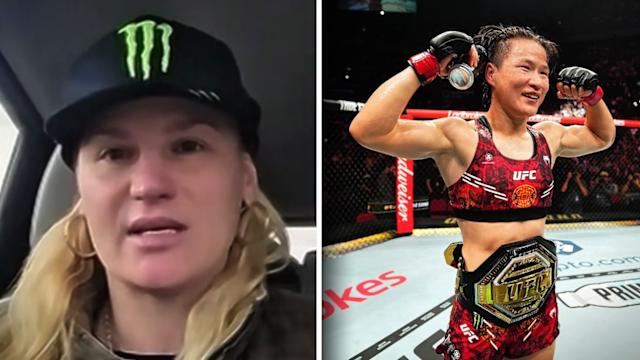 Zhang Weili Vs Valentina Shevchenko The Ufc 315 Superfight We Want
May 12, 2025
Zhang Weili Vs Valentina Shevchenko The Ufc 315 Superfight We Want
May 12, 2025 -
 Hakkari De Yueksek Mahkeme Mensuplari Icin Iftar Programi
May 12, 2025
Hakkari De Yueksek Mahkeme Mensuplari Icin Iftar Programi
May 12, 2025 -
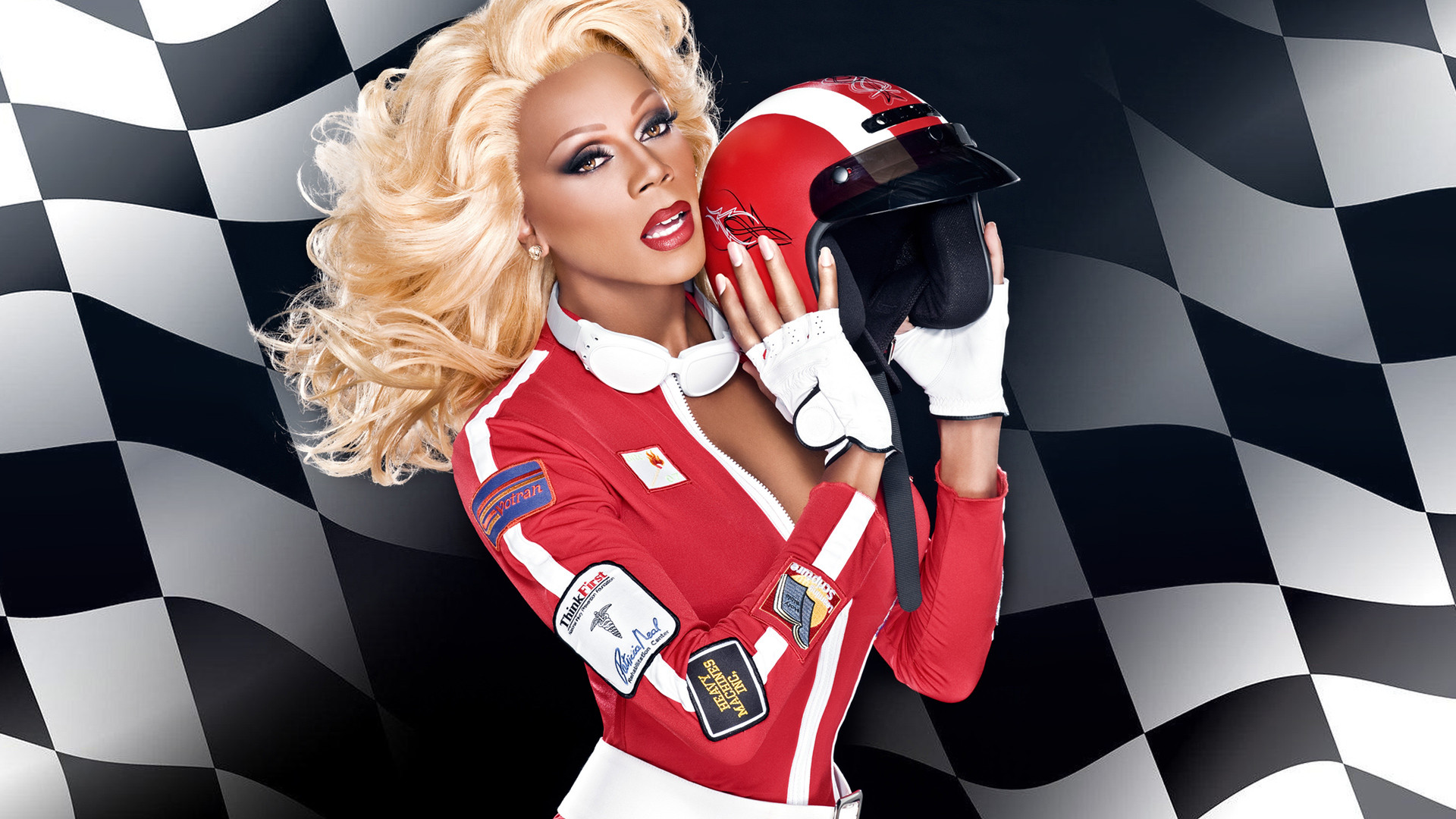 Drag Baby Mamas Ru Pauls Drag Race Season 17 Episode 13 Preview
May 12, 2025
Drag Baby Mamas Ru Pauls Drag Race Season 17 Episode 13 Preview
May 12, 2025 -
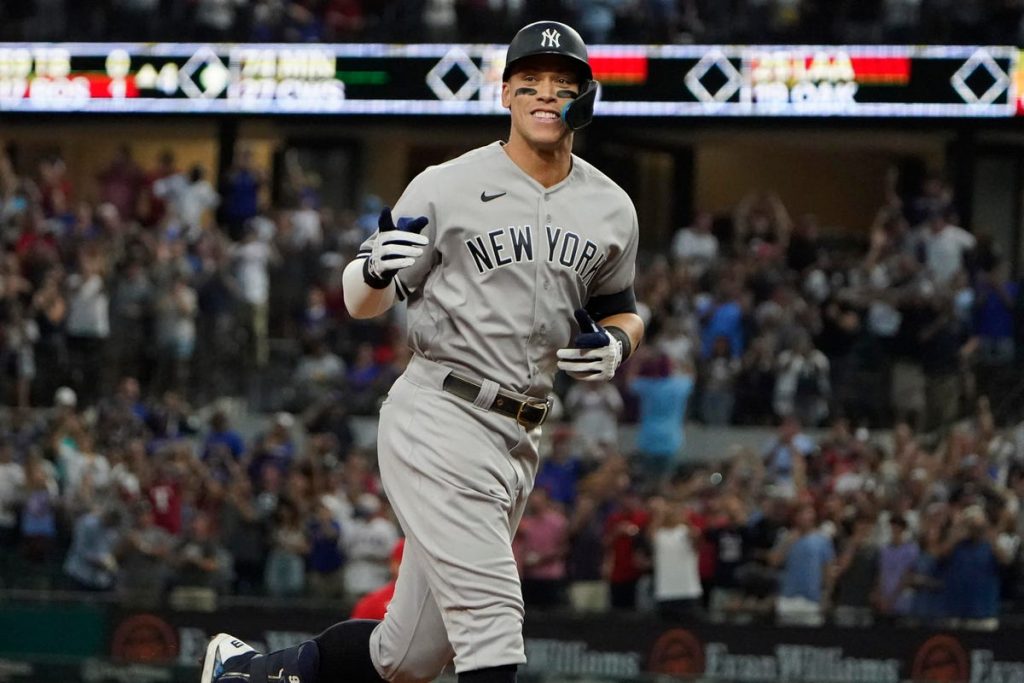 2025 New York Yankees Merchandise Best Places To Shop For Hats Jerseys And More
May 12, 2025
2025 New York Yankees Merchandise Best Places To Shop For Hats Jerseys And More
May 12, 2025
Latest Posts
-
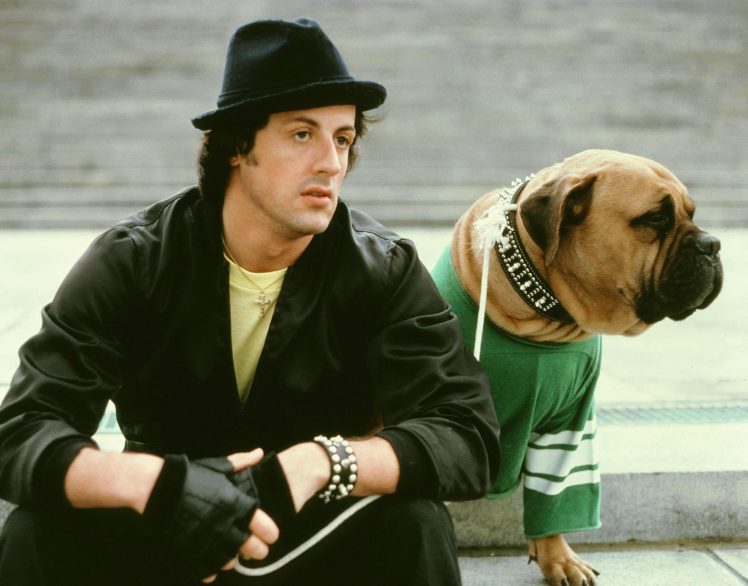 The Most Emotional Rocky Movie According To Sylvester Stallone
May 12, 2025
The Most Emotional Rocky Movie According To Sylvester Stallone
May 12, 2025 -
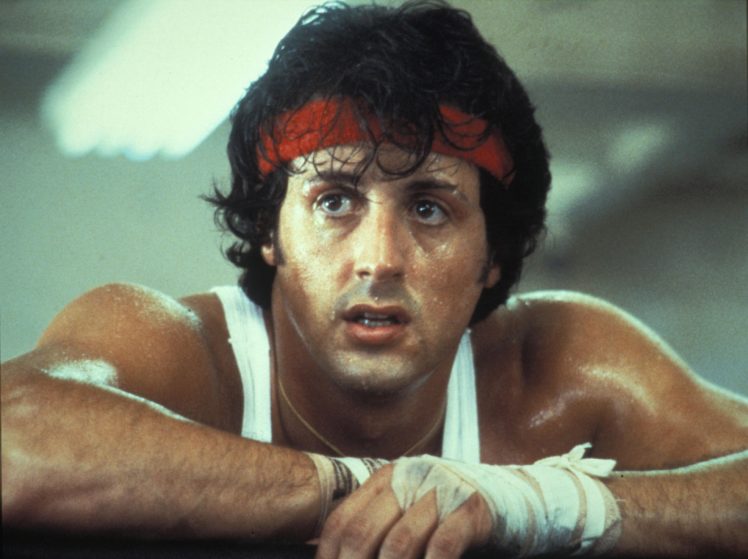 Which Rocky Movie Touches Sylvester Stallone The Most
May 12, 2025
Which Rocky Movie Touches Sylvester Stallone The Most
May 12, 2025 -
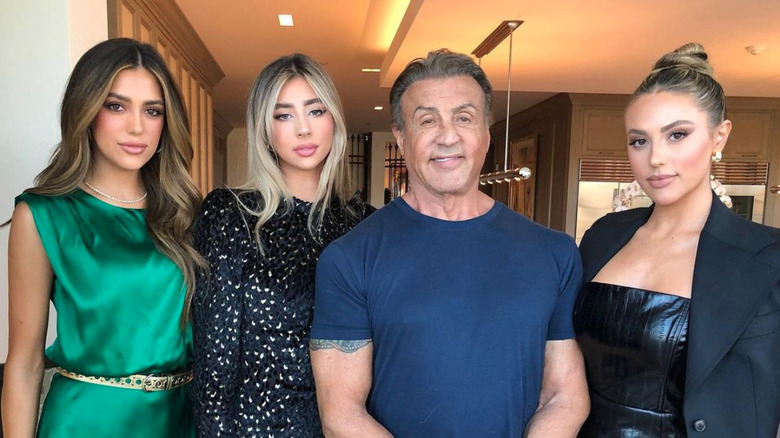 Stallone Reveals His Top Rocky Movie A Touching Choice
May 12, 2025
Stallone Reveals His Top Rocky Movie A Touching Choice
May 12, 2025 -
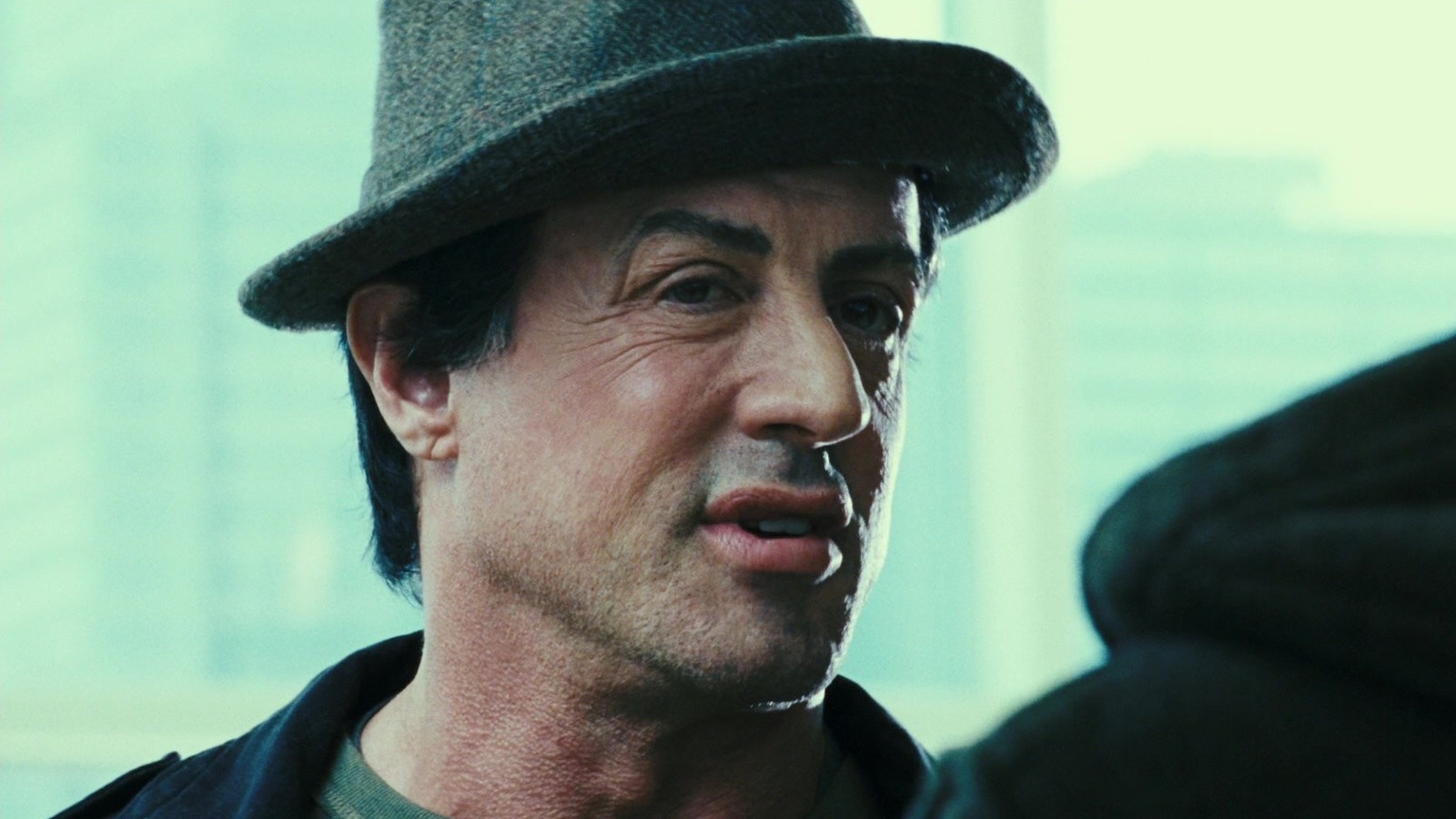 Sylvester Stallone Picks His Most Emotional Rocky Film
May 12, 2025
Sylvester Stallone Picks His Most Emotional Rocky Film
May 12, 2025 -
 Sylvester Stallones Favorite Rocky Movie The Franchises Most Emotional Entry
May 12, 2025
Sylvester Stallones Favorite Rocky Movie The Franchises Most Emotional Entry
May 12, 2025
